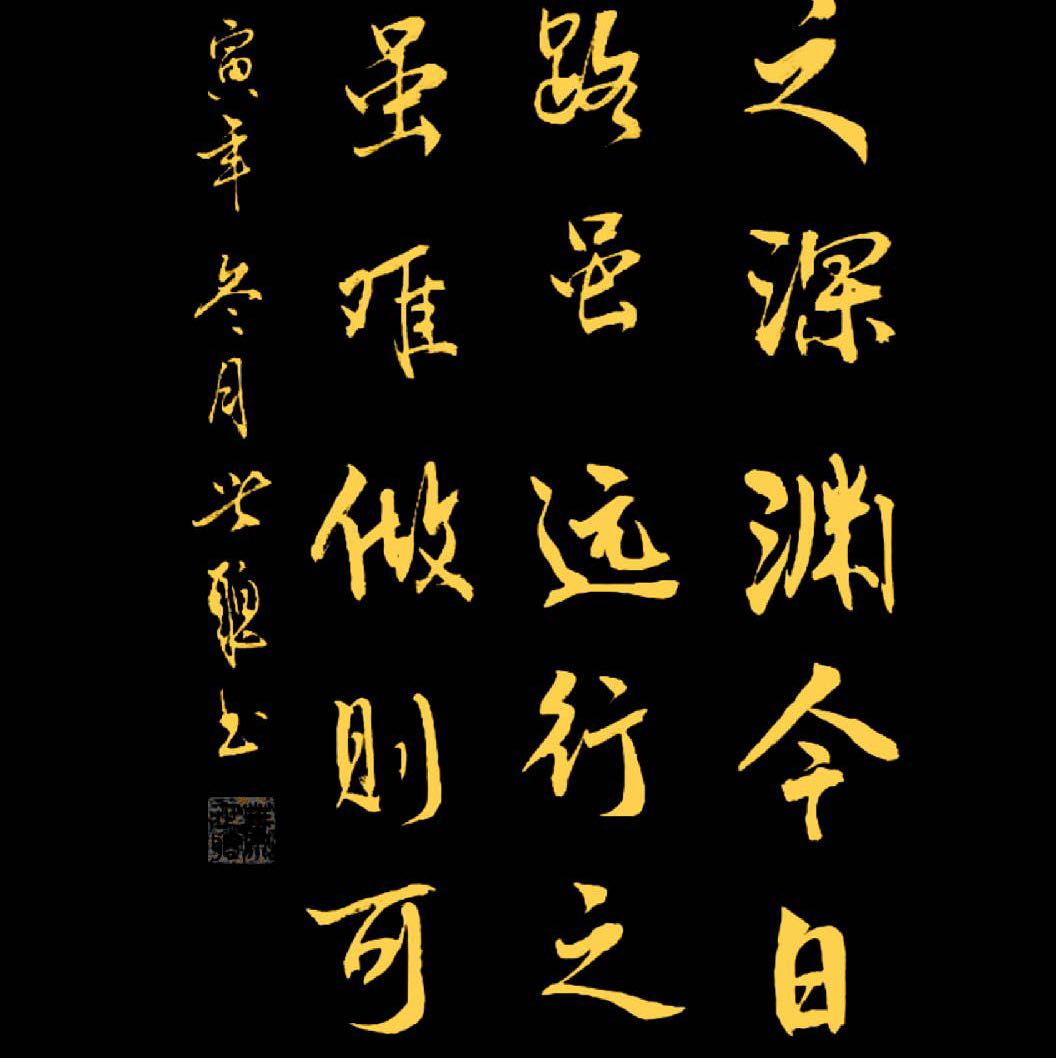
现代商务英语综合教程
¥ 16.61 4.5折 ¥ 37 九五品
仅1件
作者卢欣 等主编
出版社中国人民大学出版社
ISBN9787300133478
出版时间2011-04
版次1
装帧平装
开本16开
纸张胶版纸
页数230页
字数99999千字
定价37元
上书时间2024-09-13
- 最新上架
商品详情
- 品相描述:九五品
- 商品描述
-
基本信息
书名:现代商务英语综合教程
定价:37.00元
作者:卢欣 等主编
出版社:中国人民大学出版社
出版日期:2011-04-01
ISBN:9787300133478
字数:344000
页码:230
版次:1
装帧:平装
开本:16开
商品重量:
编辑推荐
内容提要
《现代商务英语综合教程》的编写宗旨是:在遵循现代外语教学理念基础上,强调外语在商务领域中的应用,注重为学生创造商务环境。全面培养学生的英语综合应川能力,使他们在今后的下作中能用英语有效地进行口头和书面商务沟通。
目录
CHAPTER 1 Basics of International Trade Background Case Listening Reading Structure Vocabulary Comprehensio Translatio Speaking Writing Additional ReadingCHAPTER 2 ImportExport Procedures Background Case Listening Reading Structure Vocabulary Comprehensio Translatio Speaking Writing Additional ReadingCHAPTER 3 Trade Negotiatio Background Case Listening Reading Structure Vocabulary ComprehensioCHAPTER 4 Trade PaymentCHAPTER 5 Transport and lnsuranceCHAPTER 6 CountertradeCHAPTER 7 Trade FairsCHAPTER 8 E-BusinessCHAPTER 9 TechnologyCHAPTER 10 Business LawCHAPTER 11 Cultural DiversityCHAPTER 12 The Future of Business
作者介绍
Ghana's inward-oriented tradepolicy resulted in a shift of resources awayfrom the profitable activity of growingcocoa, where it had an absolute advantagein the world economy, toward growingsubsistence foods and manufacturing,where it had no advantage. This inefficientuse of the country's resources severelydamaged the Ghanaian economy and heldback the country's economic development. In contrast, consider the tradepolicy adopted by the South Koreangovernment. The World Bank hascharacterized the trade policy of SouthKorea as strongly outward-oriented.Untike in Ghana, the policies of theSouth Korean government emphasizedlow import barriers on manufacturedgoods (but not on agricultural goods) andincentives to encourage South Koreanfirms to export. Beginning in the late1950s,. the South Korean governmentprogressively reduced import tariffs froman average of 60 percent of the price of animported good to less than 20 percent inthe mid-1980s. On most nonagriculturalgoods, import tariffs were reduced to zero.In addition, the number of imported goodssubject to quotas was reduced from morethan 90 percent in the late 1950s to zeroby the early 1980s. Over the same period,South Korea progressively reduced thesubsidies given to South Korean exportersfrom an average of 80 percent of theirsales price in the late 1950s to an averageof less than 20 percent in 1965, and downto zero in 1984. With the exception of theagricultural sector (where a strong farmlobby maintained import controls), SouthKorea moved progressively toward a freetrade stance. ……
序言
-

【封面】
相关推荐
— 没有更多了 —

















以下为对购买帮助不大的评价